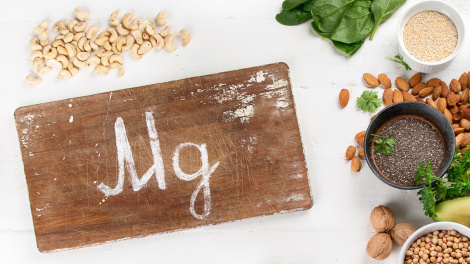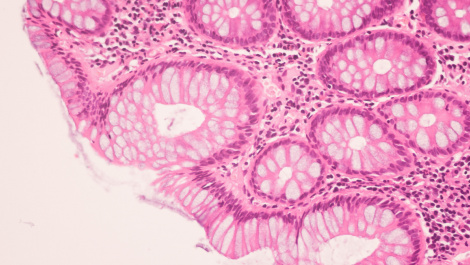"Against the assault of laughter, nothing can stand." – Mark Twain
How good do you feel after a big belly laugh, a joyful giggle with a friend or just seeing something that makes you smile – like a baby laughing or those funny cat videos?
Some believe laughter is the best medicine. They could be right
HUMOUR THERAPY
Humour therapy –or therapeutic humour, or laughter therapy– is a type of complementary therapy that uses the power of laughter and smiles to aid healing. It’s been a therapeutic tool for many years from the time of Ancient Greeks onwards, because it’s a natural form of medicine and is available to everyone.
HOW IS IT USED?
Humour therapy is used either preventively or as part of a treatment for any disease. It’s used as part of treatment for depression and anxiety but is also often used in treating long-term chronic diseases, like heart disease and cancer. Stress has a negative effect on your mood and attitude to life. Humour therapy helps reduce feelings of helplessness and fear which are common feelings for those with any kind of chronic disease.
As a preventative measure, humour therapy is valuable to care-givers of people with chronic diseases. They are at high risk of becoming stressed, depressed and sick themselves – and humour therapy can help reduce that risk.
HOW DOES IT WORK?
Psychoneuroimmunology – a mouthful, but particularly interesting. This is a field of research investigating the relationship between the mind and body, especially in connection with the body’s ability to heal itself. It seems that laughter appears to change the brain chemistry and may boost the immune system.
- Disease prevention: Many diseases are exacerbated by stress, pain and decreased organ health. Avoiding heart disease, respiratory dysfunction etc. is dependent on things like blood pressure and producing the right hormones and antibodies. Laughter increases blood flow by up to 50%, which improves the function and elasticity of the blood vessels – this helps normalise your blood pressure. Heart rate and blood pressure increase as you laugh and decrease below average afterwards because the cardiovascular system dilates during this process. Increased oxygen in the blood encourages healing too. The production of salivary haemoglobin also increases, helping fight respiratory disease. Researchers at the University of Michigan have also calculated that just 20 seconds of laughter could be as good for the lungs as three minutes spent on a rowing machine!
- Relieves pain: A study was done on Humour Therapy in a nursing home. Researchers saw a significant decrease in pain and increased happiness in participants. This is due to the release of endogenous opioids (endorphins and enkephalins) when we laugh – it’s similar to the pain-free ‘high’ you’d get from morphine or even “runners’ high.” Our bodies’ neurotransmitters focus on the good rather than the bad, to put it plainly.
- Treats depression: Laughter is a natural stress reliever which ultimately relaxes the whole body. It elevates our mood and reduces anxiousness and fear and improves our sense of wellbeing. It makes us feel good!
BONUS
You don’t have to be genuinely happy or laughing to reap these benefits - fake laughter or smiles are just as effective as the real thing! The body can’t tell the difference between the two. Also, laughter is exercise. Your diaphragm gets a workout, and your muscles contract – it’s like unconsciously doing crunches.
CONCERNS
Pregnant women, people who have undergone recent surgery or people with hernias should not be laughing too hard - it can cause some physical strain to your whole body. Although, humour therapy is generally physically harmless.
When was the last time you laughed so much your stomach hurt? A laughter therapy session may leave your muscle tone, cardiovascular functions and blood oxygen levels improved. But it will also teach us that laughing to combat pain, stress and anxiety – even if it’s fake – is extremely beneficial.







Comments